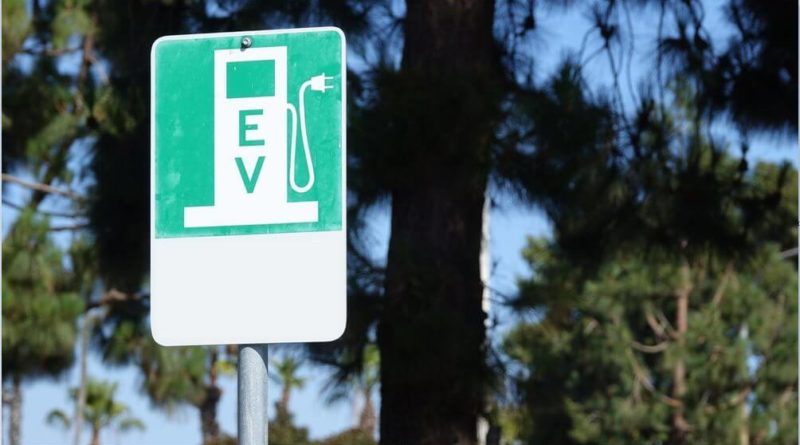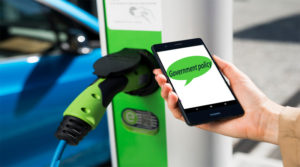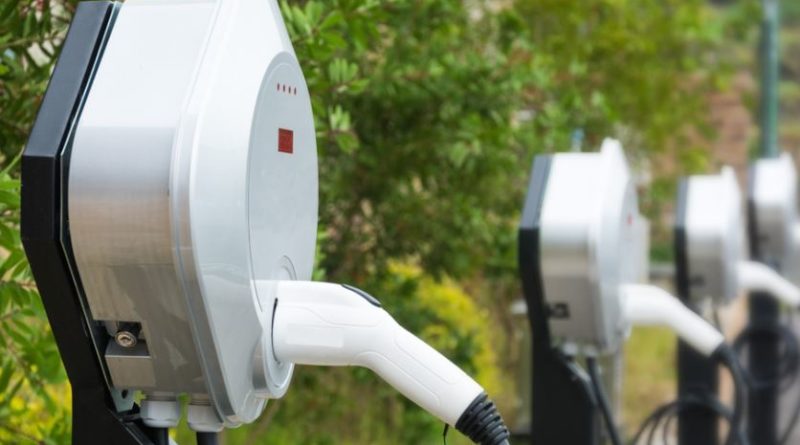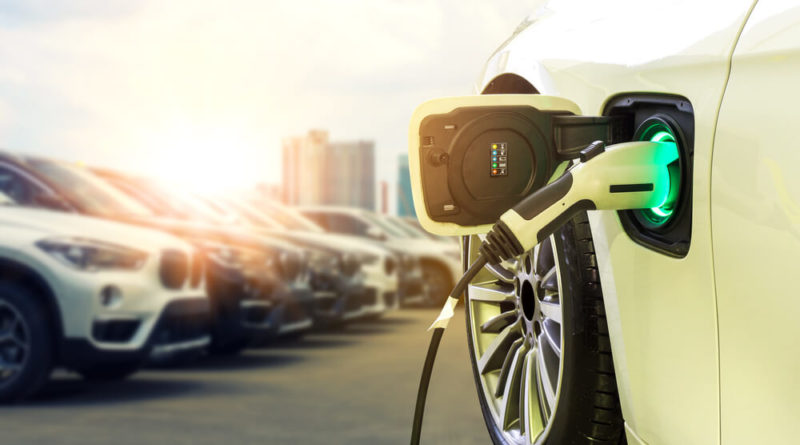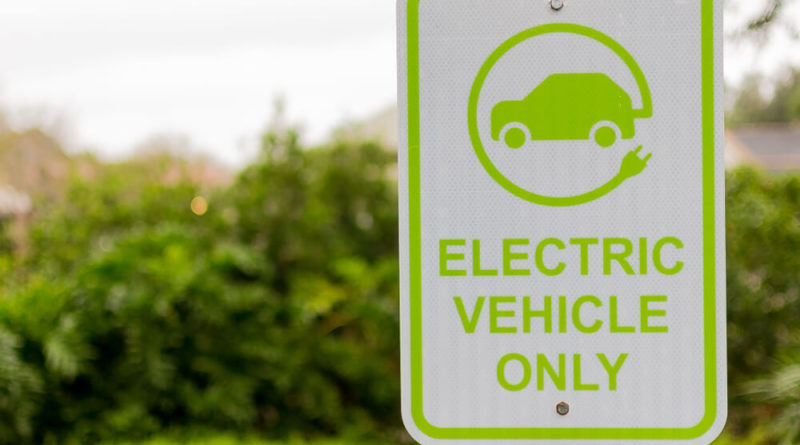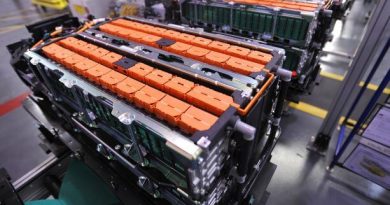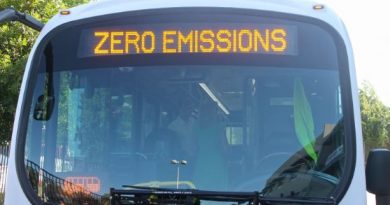Big Boost to EV: Cabinet Approves Rs.10,000 Crore FAME II Scheme
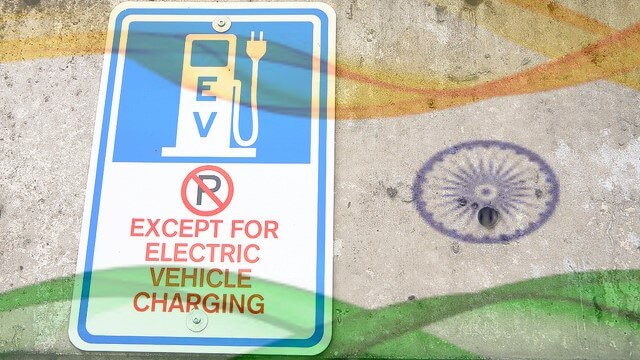 FAME II wants to boost EV ecosystem in India
FAME II wants to boost EV ecosystem in India
The Union Cabinet has cleared a Rs 10,000-crore programme under the FAME-II scheme for promotion of electric and hybrid vehicles, Indian Finance Minister Arun Jaitley announced yesterday.

The second phase of FAME or Faster Adoption and Manufacturing of (Hybrid) and Electric Vehicles scheme has an outlay of Rs 10,000 crore which will be spread over a period of three years and will come in effect from April 1, 2019.
The first phase of the scheme was notified on April 1, 2015 with a total outlay of ₹895 crore which was due to expire last year. The government gave at least 5 extensions before finally coming out with the second phase. India has previously set a target to electrify 25-30% of its vehicles by 2030 and the main objective of the scheme is to encourage faster adoption of electric and hybrid vehicles by way of offering upfront incentive on purchase of electric vehicles and also by way of establishing necessary charging infrastructure for EV.
Though the announcement has come late by about 2 years, the outlay increase is significant and is almost double than the previous estimate laid out by the ministerial group. Total fund requirement for this scheme is Rs. 10,000 crores over three years from 2019-20 to 2021-22.
Key Highlights:
- Demand Incentives on operational expenditure mode for electric buses will be delivered through State/city transport corporation (STUs).
- In 3W and 4W segment, incentives will be applicable mainly to vehicles used for public transport or registered for commercial purposes.
- In the e-2Ws segment, the focus will be on private vehicles.
- Through the scheme, it is planned to support 10 Lakhs e-2W, 5 Lakhs e-3W, 55000 4Ws and 7000 Buses.
To encourage advance technologies, the benefits of incentives, will be extended to only those vehicles which are fitted with advanced battery like a Lithium-Ion battery and other new technology batteries.
The scheme proposes for the establishment of charging infrastructure, whereby about 2700 charging stations will be established in metros, other million-plus cities, smart cities and cities of Hilly states across the country so that there is an availability of at least one charging station in a grid of 3 km x 3 km.
- Establishment of Charging stations are also proposed on major highways connecting major city clusters.
- On such highways, charging stations will be established on both sides of the road at an interval of about 25 km each.
The incentives would be applicable only on vehicles costing less than Rs. 15 lakh. The average price of an electric car in India is now about Rs 10 Lakhs. Cars typically have a battery up to 20 kWh, so the discount under the new scheme would be around Rs 2,00,000 or Rs 2 Lakhs. The government also has plans for a Green Cess to discourage new car buyers from buying petrol cars.

